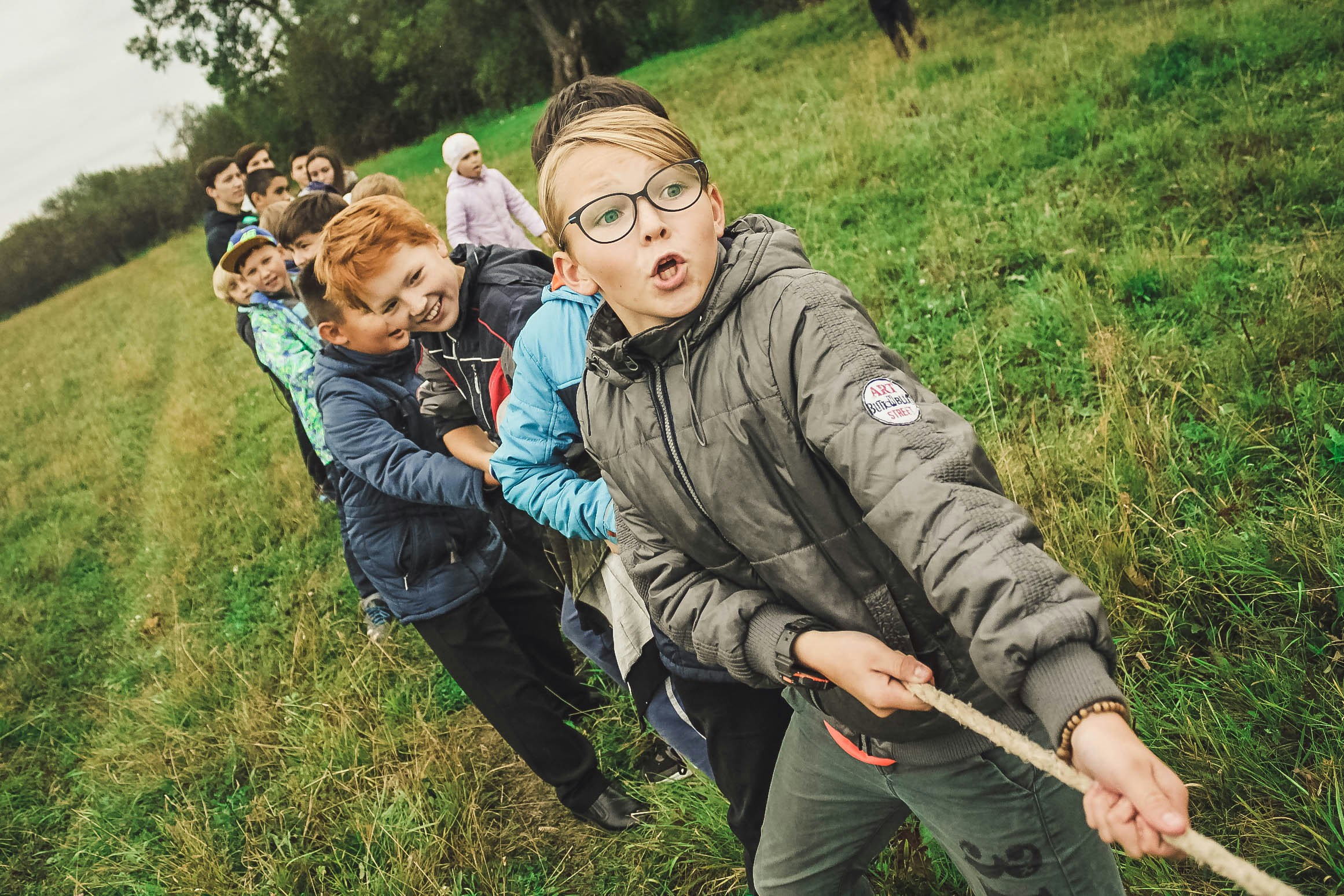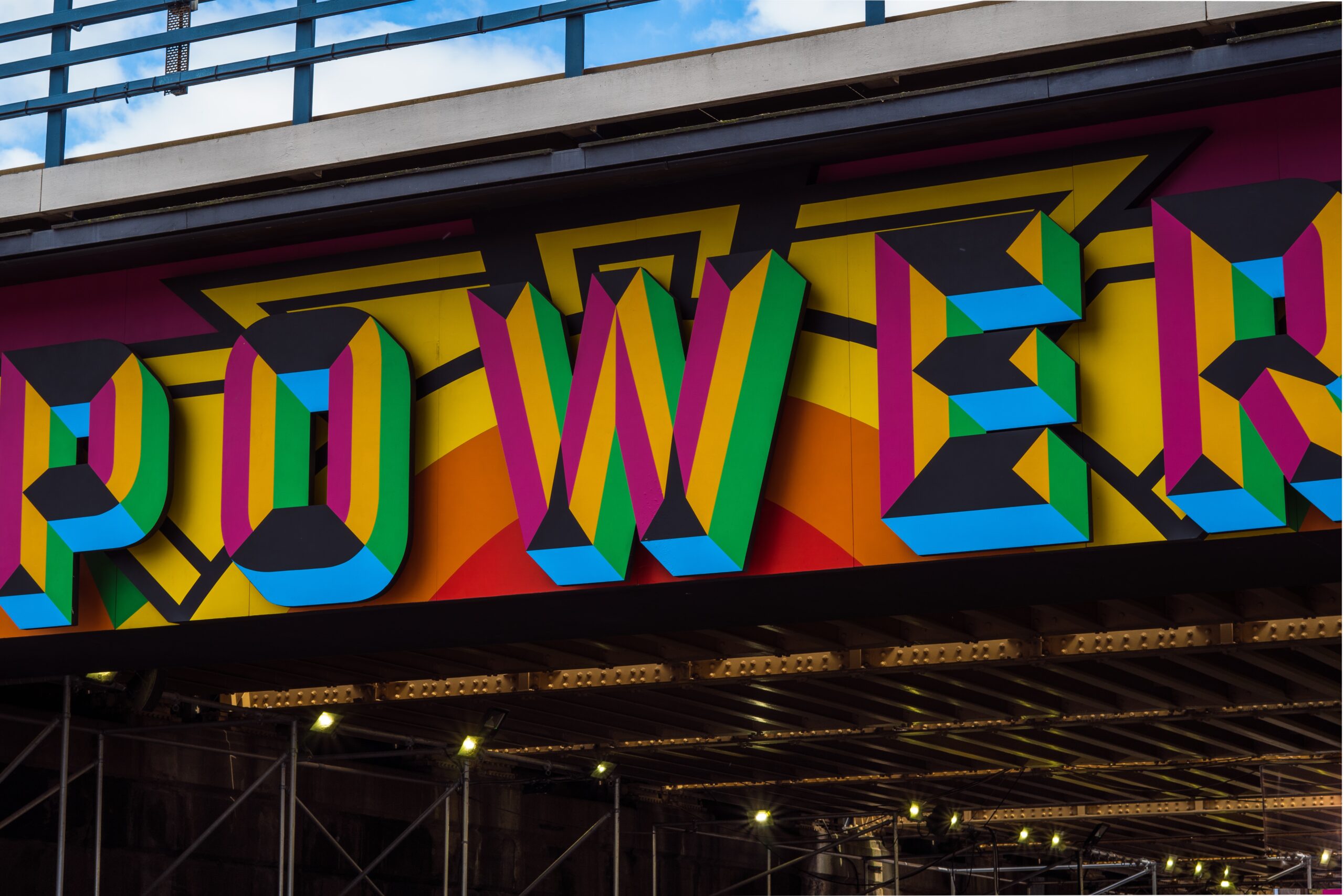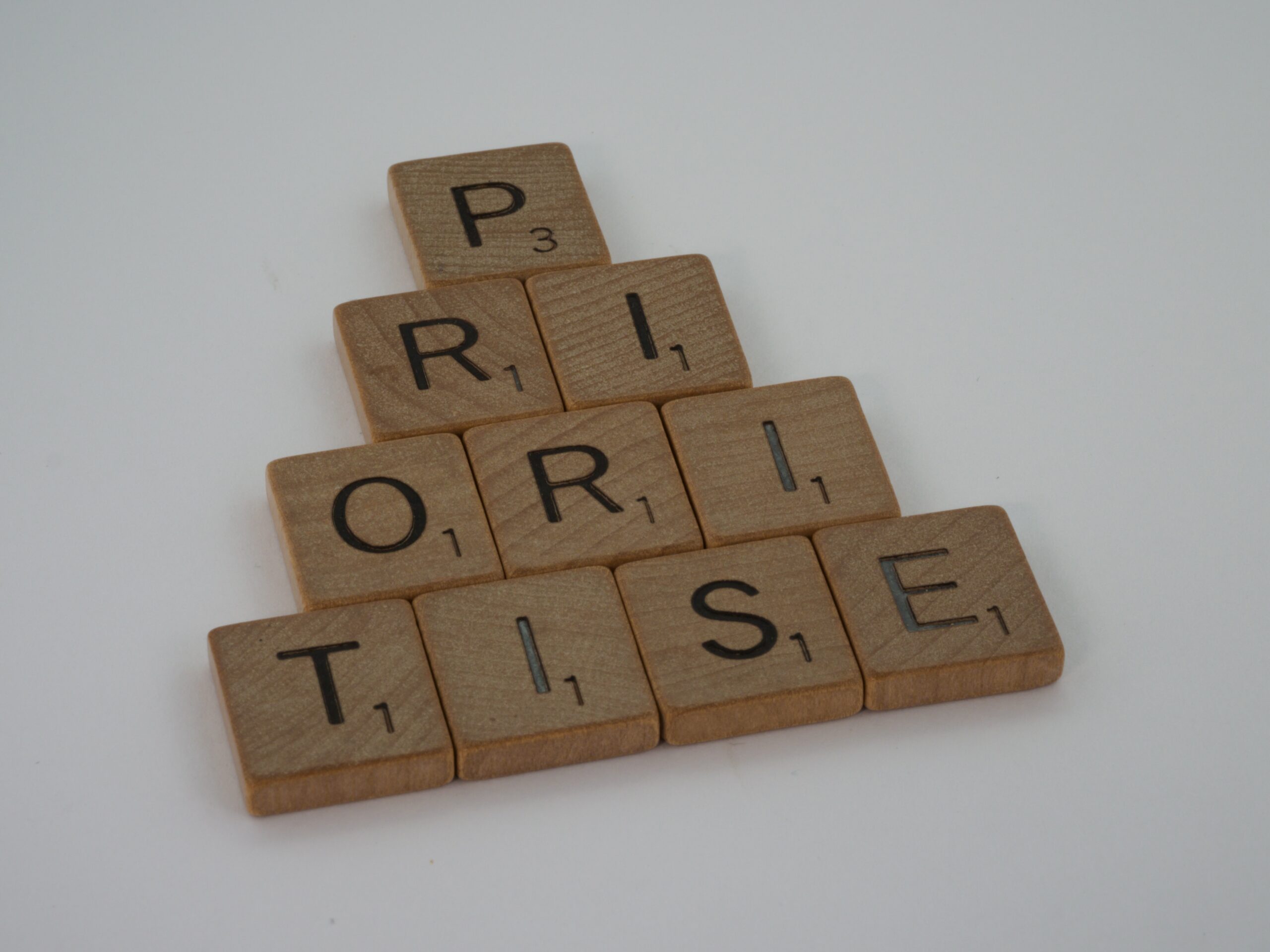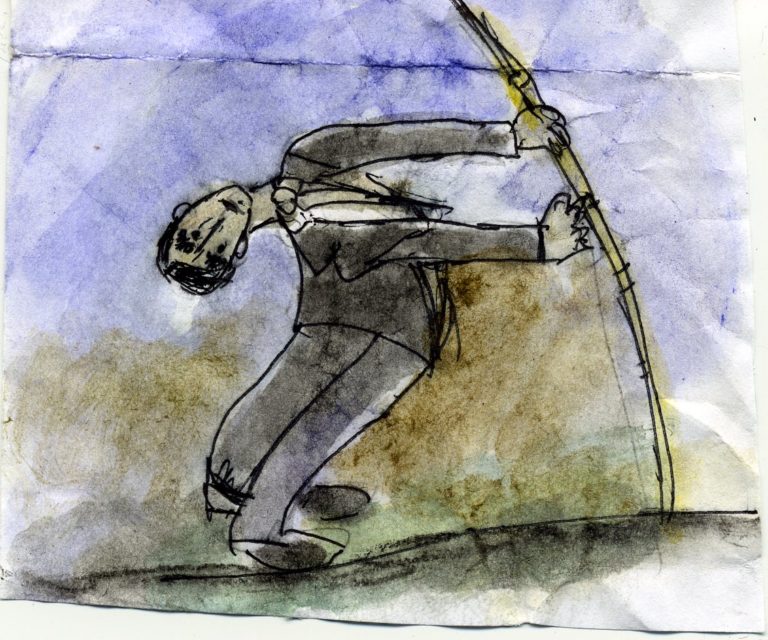
Photo by Anna Samoylova
It’s been almost two years since I was last on school camp. And to be honest, the last time I was on camp I wondered a lot whether it would be my last. Turns out it wasn’t and it isn’t.
I’m pretty grateful about that. I do like a good school camp. Yes there are always the “issues” that arise; homesickness, car sickness, grumpy kids, grumpy adults, sleep deprivation, shared bathrooms – you get the picture.
But on the whole it’s always a lovely, almost inspiring event. You see people, in this case mostly little people, in an element that you’ve never seen them in before. By going on school camp you’ve gently ripped them out of their safe worlds and you’ve introduced them to something completely new in terms of environment and experience.
It’s during school camp that I notice the little things. Those things that may not seem to be all that important on the face of it, but on closer investigation make the way that we see, do and feel about our experiences all so much more vivid.
These things aren’t the iPhone we hold in our hands, or the car that we drive; the street that we live in, the holiday we’ve just been on, or the job that we do.
And in our schools they’re not the fancy interactive whiteboards that we were once told we’d all need, or the funky open plan like classrooms that seemed like the answer to everything, or even the shiny strategic plan that we pour ourselves all over in planning for the many hypotheticals ahead.
Nope they’re the little things; the way that we talk to each other, the way that we support each other, the way that we celebrate the very fact that we’re all in this together.
Here’s a list of the little things that made such a big impact on me when I was on camp.
- Morning coffee that hits just right
- A heartfelt compliment from a parent
- A genuine smile from a kid accomplishing something new
- Unexpected acts of kindness
- That perfect playlist that boosts your mood instantly as you drive to school camp
- The feeling of a spontaneous adventure that school camp brings
- The laughter of the kids at something irresistibly, but unexpectedly funny
- Seeing a beautiful sunrise or sunset
- Finding the last piece of homemade baking in the camp pantry
- Watching the stars on a clear night
These are all things that made my school camp experience so much more vivid.
I wonder though, what are all the little things in our schools that make such a big difference? What might your Big list of little things that matter look like in your school?
Steve













